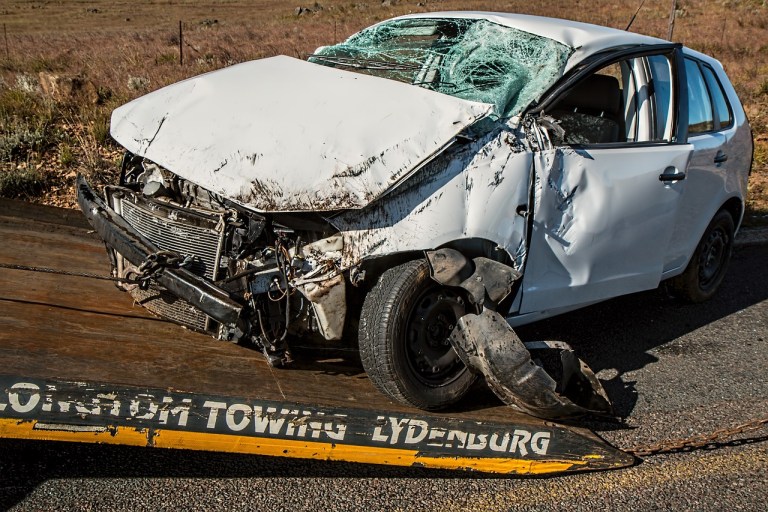A Conversation About Louisiana’s DWI Laws
Posted in Impaired Driving,Our Blog on December 29, 2013

On December 3, 2013, criminal defense attorney Jake Lemmon joined our TV show, John Redmann: Power of Attorney, to discuss driving while intoxicated (DWI) and the laws surrounding drunk driving in Louisiana. Mr. Lemmon was part of a very interesting and informative discussion about legal limits, the strengths and weaknesses of field sobriety tests, suspected driver rights when pulled over by a police officer, and the legal ramifications of a DWI conviction. If you missed the show, you can watch it online in its entirety HERE.
Among the most interesting tidbits Mr. Lemmon shared were:
‘Impaired’ does not mean the same thing as ‘drunk.’ “The misnomer is that everyone thinks you have to be intoxicated. Well, that’s simply not true: It’s driving while you are impaired,” Mr. Lemmon explained. “The threshold in the state of Louisiana is .08 grams per cubic centimeter in your blood, of alcohol. And that is really not a lot. Often I’ll get people who come to me and say, ‘Well, I wasn’t drunk,’ and, well, that’s not the threshold, they’re not saying that you were drunk.”
Drivers pulled over can refuse to answer any questions asked by a police officer. “In any criminal proceeding, you have the right to remain silent, period,” Mr. Lemmon said. “You do not have to say a word to the police officer. But, know that you’re going to be arrested, because that’s just the way it is-the officers have a suspicion.”
Mr. Lemmon generally thinks intoxicated drivers should refuse to take all sobriety tests.“Generally speaking, my position is that you refuse everything,” he said on this subject. “Act respectful, respond to the officer’s questions, but, if they’re asking you to perform a field sobriety test or a Breathalyzer, they’ve already got a suspicion that you’re intoxicated, and the threshold is very, very low. And people don’t recognize that it’s not that you’re drunk, it’s not that you’re falling down, it’s that you might be impaired. So, if the officer, in his training, suspects that you might be impaired… you’ve got a very big chance of being arrested anyway.” All evidence given by a suspected driver can be used against him or her; it is better for the alleged offender, then, to offer up as little evidence as possible by refusing to give statements and refusing to take sobriety tests.
Elaborating on this last point, we all discussed that we’re not in any way advocating that people drive drunk or impaired, and that we’re not trying to help people get out of paying consequences for crimes of which they are guilty. But in the interest of presumed innocence, it is important that everybody knows their rights, so that they can make the best decisions for themselves.
Drunk driving is obviously a big problem in this state and in this country, and with the holiday season upon us it is an even more dangerous time to be out on the roads. So we’d like to remind our readers to exercise caution on the roads, especially at night and in bad weather, and to be sensible about not driving if you feel in any way impaired.